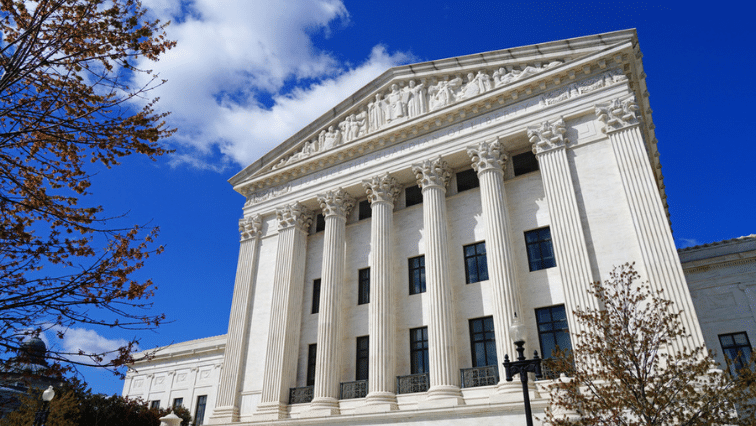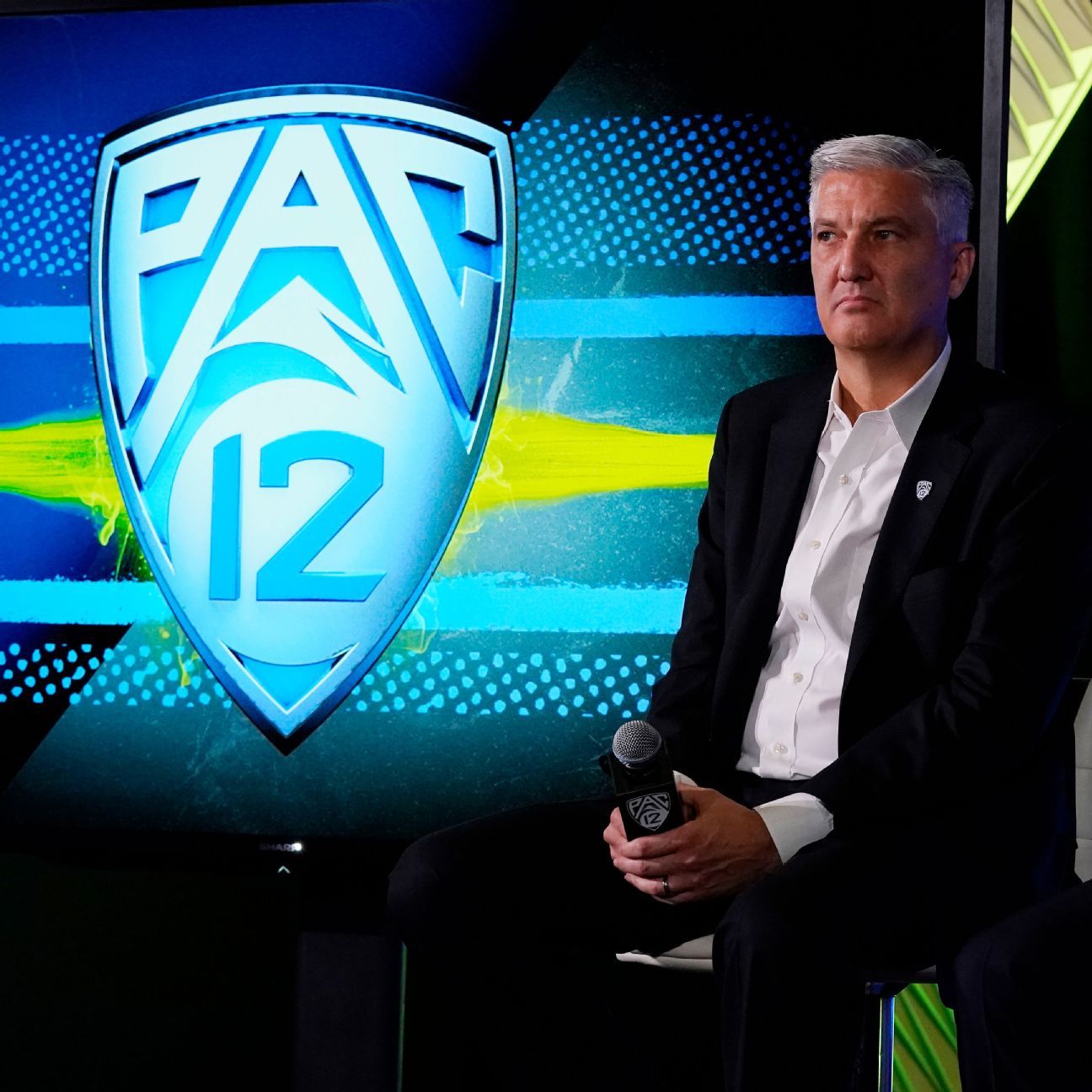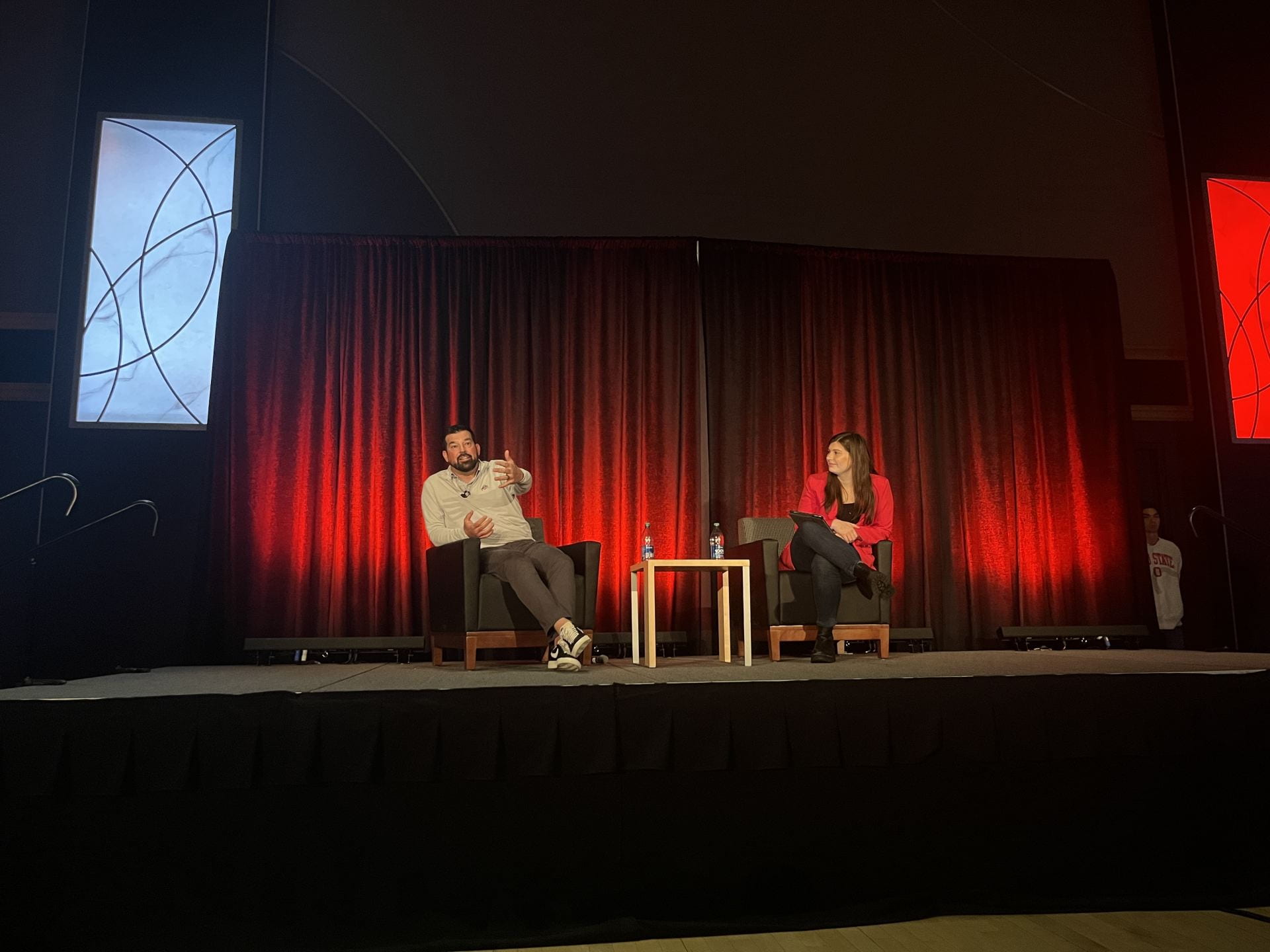[ad_1]
After a 99-year hiatus, a global pandemic brought state vaccine mandates before the Supreme Court of the United States in its just-ended term. The case, Does v. Mills, came to the Court as an emergency request for an injunction through the Court’s “shadow docket,” and the Court considered the case only to the extent of denying the injunction request—the case was not fully briefed or argued before the Court as it would have been had the Court decided to review the case by granting certiorari. Nevertheless, the case offered some important insights into the thinking of Justice Neil Gorsuch on the balance between public health and religious liberty through an opinion Gorsuch wrote—on behalf of himself and Justices Clarence Thomas and Samuel Alito—dissenting from the Court’s refusal to grant the emergency injunction.
For more than 100 years, Jacobson v. Massachusetts (S. Ct. 1904) has stood for the proposition that state exercise of police powers to compel vaccination is not only lawful but may override liberty interests. In recent dissenting opinions in major COVID-19 vaccine cases before the Court, Justice Gorsuch has begun to suggest a stricter analysis, rooted in religious liberty arguments. His rationale would undermine the ability of states to enact broad public health policies, including vaccination, in both an emergency context and in more traditional efforts to prevent the spread of disease.
Challenges to vaccine mandates have been routinely waved off by courts. A simple citation to Jacobson, a showing of a legitimate state interest (preventing disease spread) and an affirmation that requiring vaccination is rationally related to accomplishing that interest, was all a state court needed to dispose of such cases. No case came close to reaching the Supreme Court until the pandemic put vaccines at the very center of public attention.
State Policies Compelling Vaccination
While Jacobson is the better-known precedent, in 1922 the Court extended that case’s reasoning to scenarios where the threat of disease is not imminent, upholding state school-entry vaccine requirements in Zucht v. King. In the century since, all 50 states went on to compel vaccination for school-age children. While Jacobson concerned a mandate applicable to all adults, states have in the intervening period only promulgated adult vaccine mandates in specific contexts, including students of higher education, patients in health care facilities, health care workers, and daycare workers.
Amid vaccine hesitancy borne out of disinformation and misinformation over the past three decades and its increasing proliferation through social media, policy debates over vaccines have intensified in the states. Bills have targeted ingredients that make vaccines safer or more effective, opposition to health care worker vaccine requirements has increased, and there has been backlash over efforts to require the human papillomavirus (HPV) vaccine. Attempts to add influenza to the slate of school-required vaccines beyond pre-kindergarten have failed.
The debate intensified again as states considered or adopted COVID-19 vaccine requirements. Some state legislatures acted swiftly to forbid them, sometimes dramatically curtailing public health emergency powers in the process. Others adopted policies requiring vaccination as a condition of everyday activities such as dining out, only to roll them back along with mask requirements as the pandemic subsided. Today, only two states require COVID-19 vaccination for K-12 school entry.
Exemptions To Vaccination Requirements
Recognizing that some individuals have medical contraindications to vaccination, the Court in Jacobson held that only “fit subjects” may be subject to vaccine mandates, requiring states to permit medical exemptions. Notably, it did not consider Jacobson unfit for vaccination despite earlier adverse events he experienced in his home country of Sweden, his belief that he had a hereditary disposition against vaccines, and his “lifelong horror of the practice.” Since Jacobson, every state adopting vaccine requirements has maintained a medical exemption.
In the wake of measles outbreaks, states began to repeal philosophical and religious exemptions. Indeed, public health efforts have sought for years to reduce the availability of non-medical exemptions and encourage more effective patient-provider conversations about vaccines. Today, 42 states allow religious exemptions and 18 permit philosophical exemptions.
Over the years, state and lower federal courts have disfavored religious exemptions. The Mississippi Supreme Court invalidated the state’s religious exemption in 1979 on the grounds that it violated the Equal Protection clause, as it “would discriminate against the great majority of children whose parents have no such religious convictions.” Thus, it would operate to require most children to be vaccinated while simultaneously “expos[ing] them to the hazard of associating in school with children exempted under the religious exemption who had not been immunized as required by the statute.”
A federal district court in Arkansas struck down the state’s religious exemption in 2002 for two reasons. First, it held the law violated the Establishment Clause of the First Amendment because it had the purpose of advancing religion. Second, the court found the law violated the First Amendment’s Free Exercise Clause because it supported religious rights only for those within a “recognized church or religious denomination.” The Arkansas General Assembly responded by adopting a philosophical exemption in addition to the religious one.
When New York State repealed its religious exemption in 2019, the New York Supreme Court in Albany County (a trial court) denied the claims of objectors. The court sided with “public health concerns” over “respect for religious beliefs”
Balancing Public Health And Liberty Interests With Justice Neil Gorsuch
After almost 100 years, the Supreme Court last year considered a case involving vaccine mandates, Does v. Mills, the first involving religious exemptions to reach the Court in any form. The case involved a Maine requirement for health care worker vaccination against COVID-19 that included a medical, but no religious, exemption. The Court denied the request for an injunction by health care workers who object to vaccination on religious grounds because of the use of fetal cells in deriving cell lines for vaccine development—Justices Amy Coney Barrett and Brett Kavanaugh wrote that the Court should not use its shadow docket to resolve the merits of a case it would likely not take through the certiorari process. Justice Gorsuch, who perennially seeks to infuse religious protections against public health measures into the law, dissented
The Court has long held that laws singling out individuals on the basis of religious beliefs are “doubtless unconstitutional.” But government may burden those with sincerely held religious beliefs when a law is nonetheless neutral and generally applicable (although such generally applicable laws may separately violate the Religious Freedom Restoration Act). Such a law need only be rationally related to a legitimate state interest (for example, preventing the spread of disease). Yet, Justice Gorsuch articulated two bases on which he believes the Court should instead have invalidated the Maine law through the application of its highest standard of review—strict scrutiny. To uphold a law subject to strict scrutiny, the Court must find a state has a “compelling state interest” and the law must be “narrowly tailored” and “the least restrictive means” for accomplishing its ends. Laws subjected to this level of scrutiny are rarely upheld.
First, citing a case in which a local Florida ordinance “gerrymandered” a law to target practices of ritual animal sacrifice, Justice Gorsuch wrote that a law with a mechanism for “individualized exemptions” fails to qualify as generally applicable. Rather than suggesting the Maine law was in any way tailored to target sincerely held religious beliefs in some manner, he took aim at the veracity of the medical exemption process. Because the exemption requires a mere provider signature with no proof of validity, he found that it fails to be neutral or general applicability.
Second, he concluded that the law treats the medical exemption, “a comparable secular activity,” more favorably than religious exercise. He perplexingly stated in his dissent, “Slice it how you will, medical exemptions and religious exemptions are on comparable footing when it comes to state asserted interests.”
According to Justice Gorsuch, “Even if judges may impose emergency restrictions on rights that some of them have found hiding in the Constitution’s penumbras, it does not follow that the same fate should befall the textually explicit right to religious exercise.” In fact, while Jacobson certainly does not stand for setting aside or obliterating rights in an emergency, the Court went so far as to observe that a person “may be compelled, by force if need be, against his will and without regard to his personal wishes or his pecuniary interests, or even his religious or political convictions” to take up arms in defense of war “under the sanction of the State, for the purpose of protecting the public collectively.”
Justice Gorsuch also asserted a difference in the state’s interest in pandemic versus non-pandemic contexts that could have major negative implications for routine vaccine policy. COVID-19, he stated, cannot qualify as such an interest “forever.” Similarly, dissenting in a separate case about restrictions on gatherings, he wrote, “Even if the Constitution has taken a holiday during this pandemic, it cannot become a sabbatical.” He contended, “Nothing in Jacobson purported to address, let alone approve, such serious and long-lasting intrusions into settled constitutional rights.” But the Court did approve of these intrusions in Zucht v. King when it deferred to the state’s interest in compelling vaccination even in the absence of an imminent threat.
Justice Gorsuch further claimed that Jacobson would have survived the heightened standard of strict scrutiny. He cites as his basis “the opt-outs available to certain objectors” (there were none other than for those with medical contraindications) and the modesty of its penalties for violations of the law (a $5 fine, equivalent to approximately $140 today). Thus, a Supreme Court justice equated violating the law with a legitimate state-designed process for achieving lawful compliance.
On the last day of its most recent term, the Court denied certiorari in Dr. A. v. Hochul, a case in which the governor of New York had made explicit comments that a religious exemption would not be offered to health care workers because “God wants you to be vaccinated.” The governor’s comments arguably distinguish the case from those where government officials promulgating vaccine requirements never invoked religion. Nevertheless, in a dissent joined by Justices Alito and Gorsuch, Justice Thomas highlighted a growing circuit split over whether such laws are neutral or generally applicable.
Summing Up
Justice Gorsuch’s overzealous attempt to apply strict scrutiny to vaccine policies ignores more than a century of settled law. Under those precedents, which applied a standard equivalent to modern-day rational basis scrutiny, states may adopt vaccine requirements in the context of a declared public health emergency; they may also impose such requirements to assure that diseases that are already well-suppressed but still pose a public health threat are well-controlled.
In essence, Justice Gorsuch’s message to states is to tighten their medical exemptions or allow religious exemptions, but it may also be interpreted to mean a state must always offer religious exemptions. Should his dissenting views gain any real traction at the Court, they would negate the success of public health in dramatically reducing the threat of vaccine-preventable diseases and pose a very real risk to the future protection of public health.
Author’s Note
Hughes was previously vice president of public policy with Moderna. The views represented here are his own.
[ad_2]
Source link



